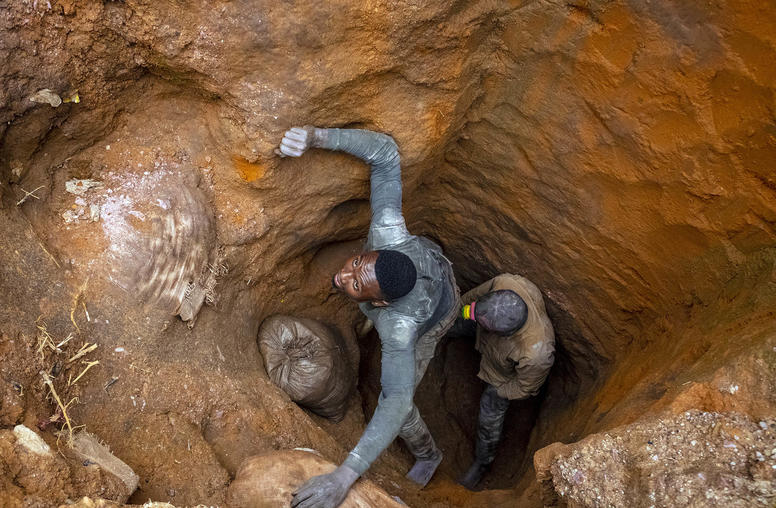The Convention on Refugees at 70: A Conversation with Ambassador Linda Thomas-Greenfield
Read the Event CoverageOn July 28th, the world will mark the 70th anniversary of the adoption of the United Nations’ 1951 Refugee Convention, a historic multilateral agreement that clarified the rights of refugees under international law and the obligation of host countries to provide for their protection. The principles enshrined in the Refugee Convention set precedents for the rights, repatriation, and resettlement of refugees that still resonate to this day.
However, these precedents are increasingly under strain amid a changing global context. Driven by violent conflict and insecurity, the world is facing a new displacement crisis. The COVID-19 pandemic has exacerbated displacement trends, pushing healthcare infrastructure to the brink and creating dire economic conditions as countries struggle to contain the virus. Meanwhile, climate change uprooted more than 30 million people—the highest figure in a decade.
On July 28, USIP hosted U.S. Ambassador to the United Nations Linda Thomas-Greenfield to reflect on the 70th anniversary of the Refugee Convention and its critical importance in the current global context. The discussion took stock of the global community’s efforts to protect the rights of refugees and asylum seekers under international refugee and humanitarian law and considered how the United States and its network of allies and partners can better protect those rights in a moment of profound global crisis and uncertainty.
Continue the conversation on Twitter with #RefugeeConventionAt70.
Speakers
Ambassador Linda Thomas-Greenfield
U.S. Ambassador to the United Nations
Lise Grande
President and CEO, U.S. Institute of Peace



